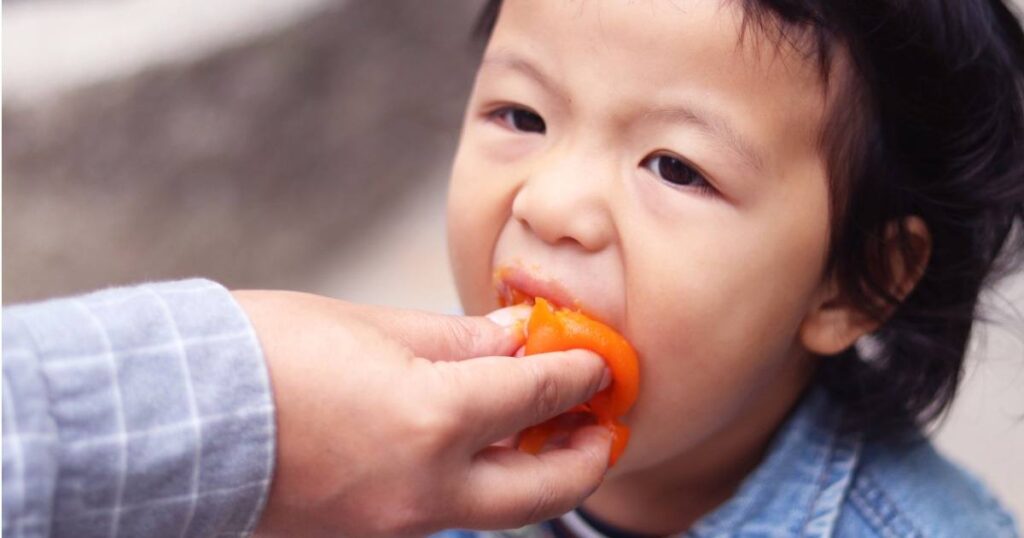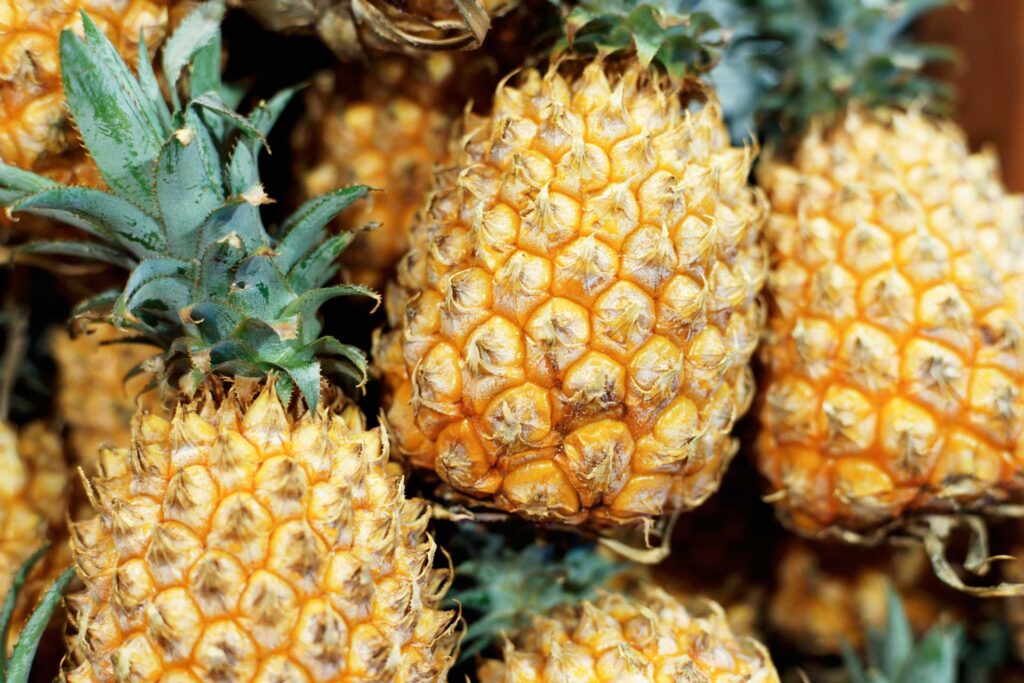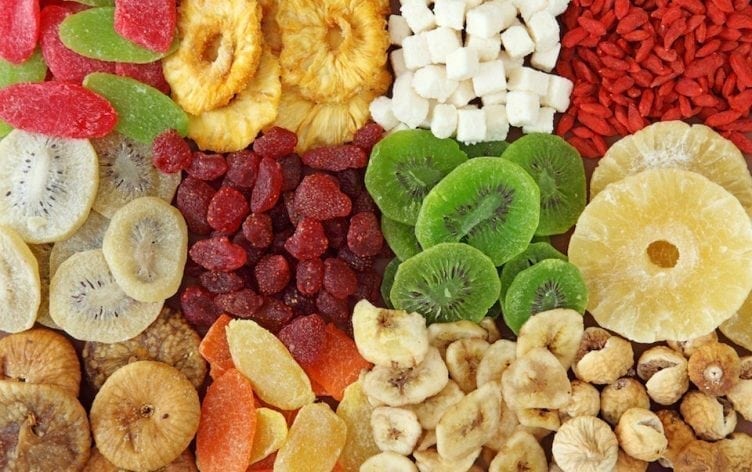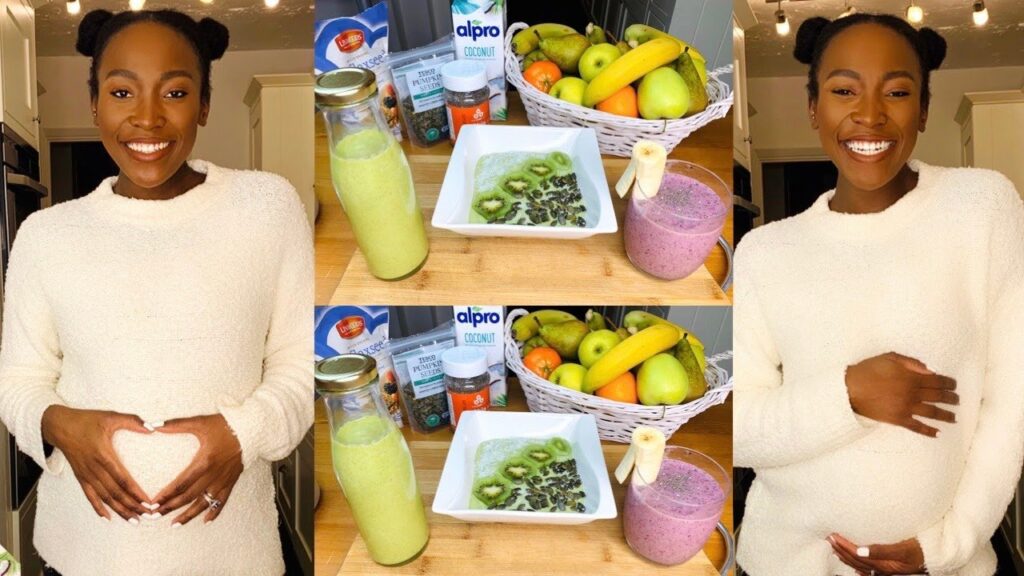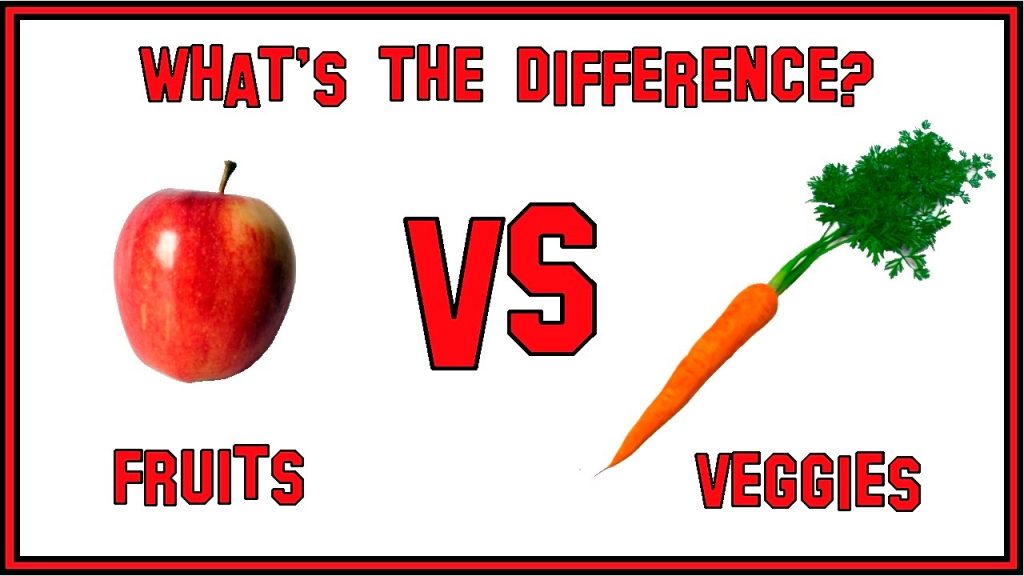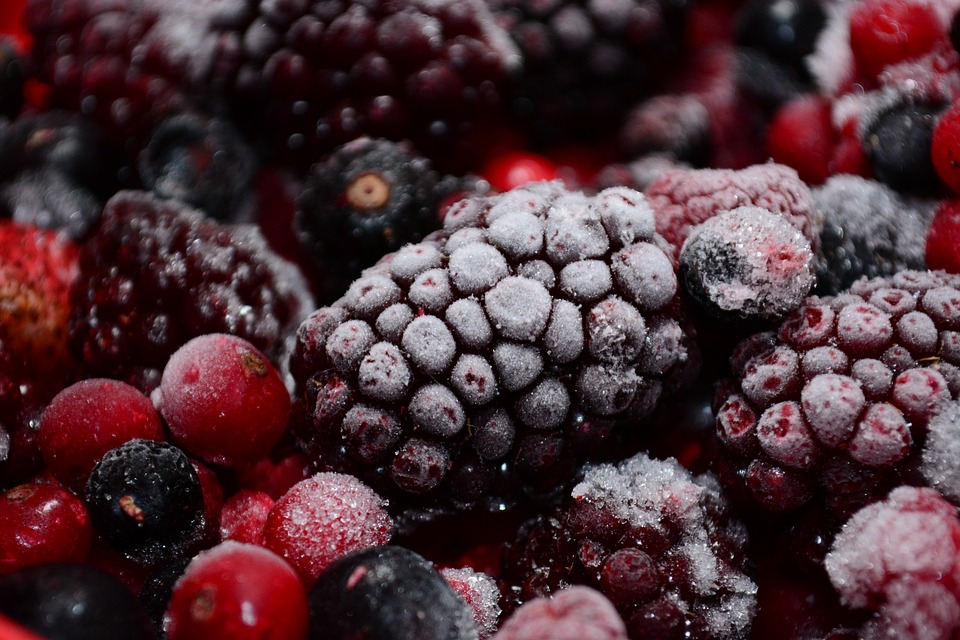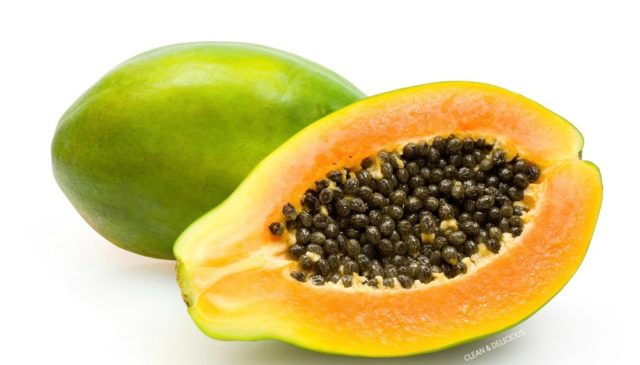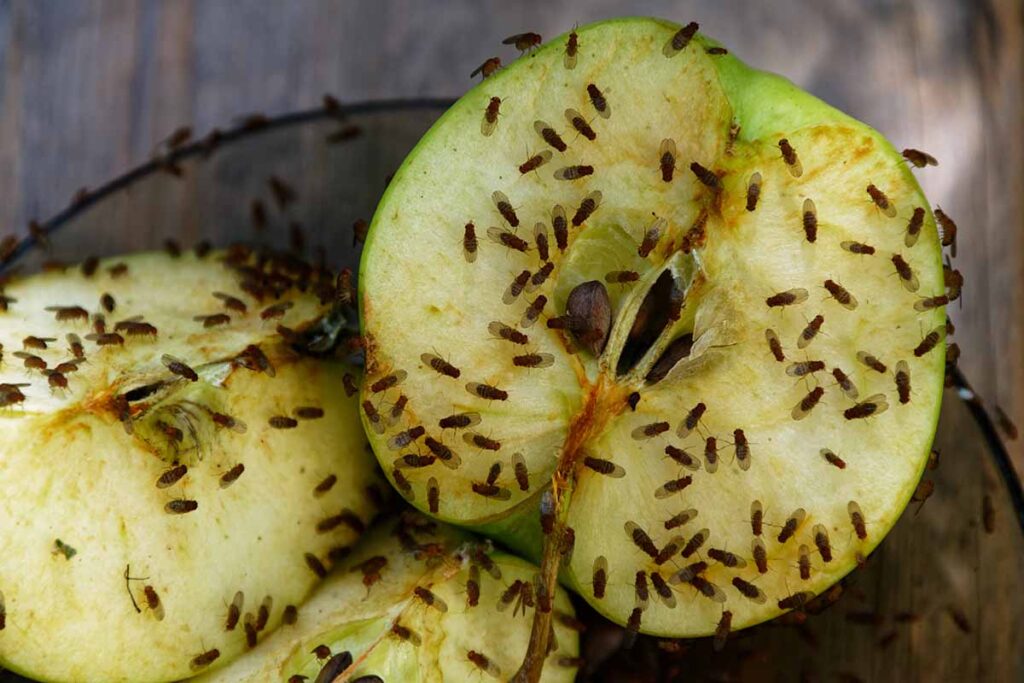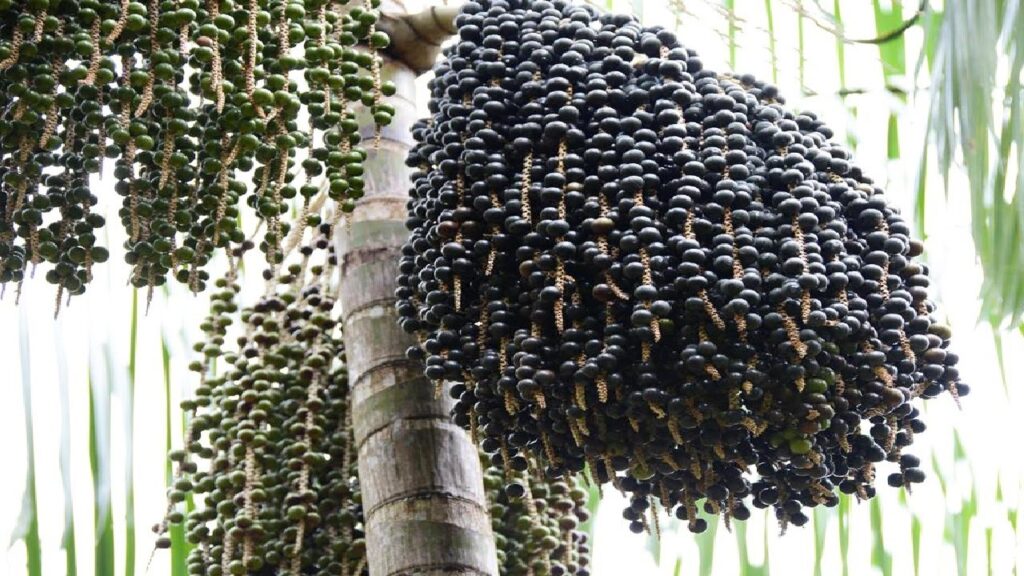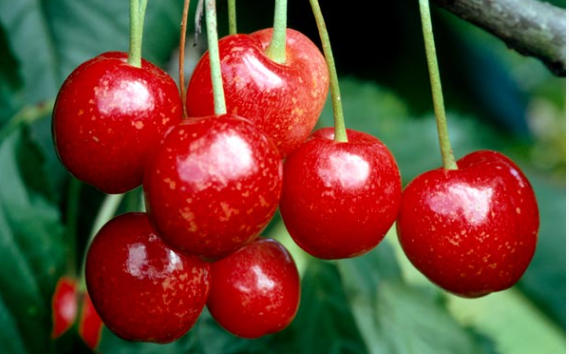If you’re curious about whether or not your dog can eat jujube fruit, you’ve come to the right place! This article offers a comprehensive guide on everything related to dogs and jujube fruits, including what jujube fruit is, its benefits for dogs, and how to safely share it with your furry friend.
Table of Contents
- Getting to Know Jujube Fruit
- Is Jujube Fruit Good for Dogs?
- Top 5 Advantages of Jujube Fruit for Your Dog
- 1. Stronger Bones
- 2. Better Digestion
- 3. Enhanced Sleep Quality
- 4. Stronger Immune Protection
- 5. Gastrointestinal Relief
- Tips for Safely Giving Your Dog Jujube Fruit
- Step 1 – Start by Washing the Jujube Fruit
- Step 2 – Cut the Fruit into Small Pieces
- Step 3 – Ensure the Seeds Are Removed
- Step 4 – Gradually Introduce Jujube to Your Dog’s Diet
- Step 5 – Give Your Dog Only Fresh Jujube Fruit
- Step 6 – Watch for Any Bad Reactions when Your Dog Eats Jujube Fruit
- Step 7 – Check with Your Vet Before Giving Jujube Fruit to Dogs with Medical Conditions or Medications
- Step 8 – Keep Jujube Fruit Away from Dogs to Avoid an Accident
- Step 9 – Don’t Let Your Dog Eat Spoiled or Rotten Jujube Fruit
- Step 10 – Feed Jujube Fruit to Dogs as a Treat and Not as Their Main Food
- Possible Dangers of Dogs Eating Jujube Fruit
- 1. Allergic Reactions
- 2. Poisonous Seeds
- 3. Eating Too Much
- 4. Not Mixing Well with Medicines
- How Much Jujube Should My Dog Eat?
- In Summary: Is It OK for Dogs to Have Jujube Fruit?
Getting to Know Jujube Fruit
Jujube fruit, also known as the Chinese date or red date, is a delicious treat enjoyed in many Asian countries. This fruit can be identified by its outer skin, which changes colors from bright green to brown as it ripens, and it has a juicy, crisp interior. The scent of jujube fruit is pleasant, and its taste is often described as a mix between apples and pears. People use jujube fruit in various sweets, like cookies and cakes, because of its natural sweetness.
For many years, people in China have eaten jujube fruit for its medicinal properties. It is high in antioxidants and is full of nutrients like iron, magnesium, potassium, and calcium. Jujube also has a lot of Vitamin C, B-vitamins, and dietary fiber, which makes it a nutritious snack.
Is Jujube Fruit Good for Dogs?
The short answer is, yes, dogs can have jujube fruit. It’s a healthy choice because like for humans, jujube is rich in beneficial antioxidants and offers a range of minerals, including iron, magnesium, potassium, and calcium, as well as vitamins like Vitamin C and several B-vitamins. It’s also a good source of dietary fiber.
However, you need to be careful with the jujube plant and seeds, as these parts are harmful to dogs. If a dog eats too many seeds, it can lead to serious health problems, including trouble breathing. When feeding your dog jujube fruit, give it to them in moderation—no more than 10% of their daily food intake—and always choose fresh fruit over dried or processed snacks.
Top 5 Advantages of Jujube Fruit for Your Dog
Jujube fruit can be great for your dog’s health in many ways. Here’s a look at five major benefits:
1. Stronger Bones
Calcium in jujube fruit is important for maintaining and building strong bones in dogs. Along with calcium, jujube provides other bone-helping minerals like phosphorus, magnesium, and zinc. Feeding your dog jujube fruit can contribute to better bone density and help prevent bone issues such as osteoporosis.
2. Better Digestion
The fiber content in jujube fruit can make your dog’s digestion smoother and keep constipation away. Jujube also has substances that boost nutrient absorption, ensuring your dog gets all the vitamins and minerals they need from their meals, which can lead to improved health and fewer stomach problems.
3. Enhanced Sleep Quality
Jujube fruit has natural calming effects that can help your dog relax and enjoy better sleep. Its soothing ingredients can help your pet wind down and get deep, restorative rest, which is very helpful for dogs that experience anxiety or have sleeping difficulties.
4. Stronger Immune Protection
With its rich antioxidant and vitamin content, particularly vitamins C and A, jujube fruit can help strengthen your dog’s immune system. This can mean your dog is less likely to get sick and can enjoy a happier, healthier life.
5. Gastrointestinal Relief
Jujube fruit also contains substances that can calm your dog’s stomach and ease problems like nausea and vomiting. Additionally, it can help promote a healthy balance of beneficial gut bacteria, improving digestion even further and keeping digestive issues at bay.
Tips for Safely Giving Your Dog Jujube Fruit
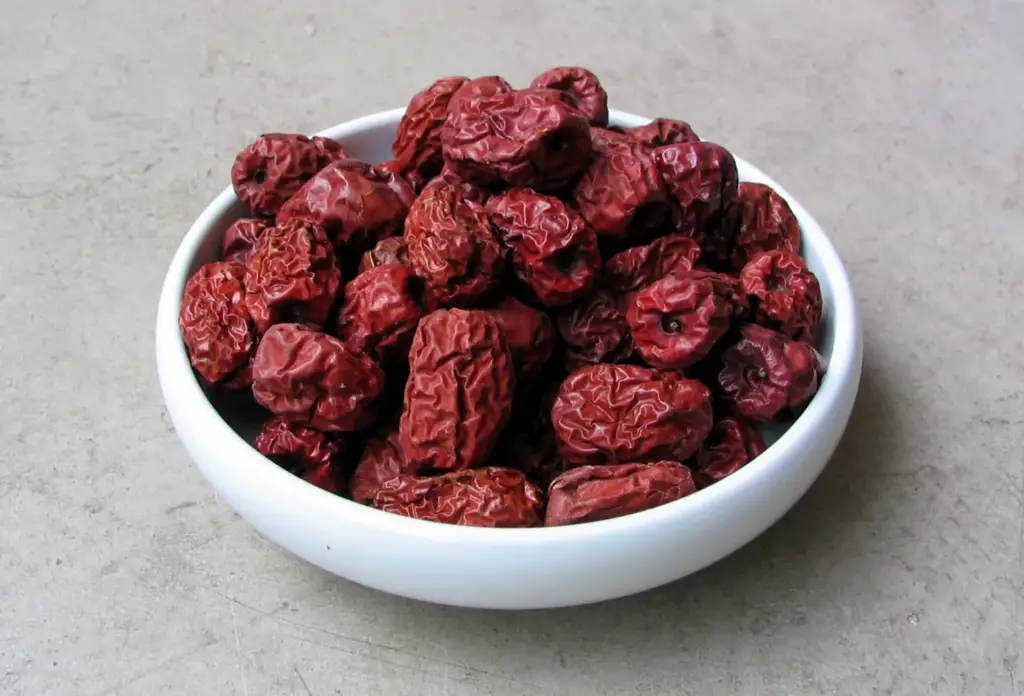
Step 1 – Start by Washing the Jujube Fruit
Always clean the fruit under cold running water to eliminate any dirt or pesticides. A soft brush can help dislodge debris. It’s vital that no traces of cleaning detergents remain. Once cleaned, the jujube fruit is ready for your dog to enjoy as an occasional fresh treat, just make sure to chop it up into smaller pieces.
Also, remember that the fruit may have other contaminants, so a thorough rinse is key to keeping your dog safe and healthy.
Step 2 – Cut the Fruit into Small Pieces
For safer consumption, slice the jujube fruit into small, manageable pieces. This helps prevent choking and makes it easier for your dog to chew and digest the fruit. Remove the seeds first, as they’re not safe for your dog, then cut the fruit into thin slices or cubes before offering it to your pet.
Step 3 – Ensure the Seeds Are Removed
The seeds inside jujube fruit contain amygdalin, which is poisonous to dogs and needs to be taken out. Slice open the jujube, remove the seeds carefully, and dispose of them where your pet can’t reach. This simple step is important for making sure your dog can enjoy the fruit without any risks.
Step 4 – Gradually Introduce Jujube to Your Dog’s Diet
Like with any new food, introduce jujube fruit to your dog’s diet slowly. Begin with a small piece and watch their reaction. Increase the amount gradually to let your dog’s digestive system get used to the new treat. This cautious approach can help you avoid upset stomachs or other digestive discomforts.
Step 5 – Give Your Dog Only Fresh Jujube Fruit
It’s important to give your dog fresh jujube fruit rather than dried or processed ones. The processed ones might have extra sugar or preservatives, which aren’t good for dogs. These things can make your dog gain too much weight, mess up their teeth, or even damage their organs if they eat too much.
Stick to fresh jujube fruits for your furry friend. They’re safe because they don’t have any added sugary stuff or preservatives that could be bad for your dog. Add fresh jujubes to your dog’s meals for a natural and nutritious snack.
Step 6 – Watch for Any Bad Reactions when Your Dog Eats Jujube Fruit
Dogs, like people, can be allergic or sensitive to foods, including jujube fruit. When you give your dog jujube fruit for the first time, keep an eye out for any bad reactions or allergies.
If your dog gets sick, like throwing up or having diarrhea, or gets hives or has trouble breathing, these could be signs of an allergy. If this happens, stop giving them the fruit and talk to your veterinarian right away.
Step 7 – Check with Your Vet Before Giving Jujube Fruit to Dogs with Medical Conditions or Medications
If your dog has health issues or takes medicine, you should talk to your vet before you add jujube fruit to their diet. Sometimes, the stuff in jujube fruit can mess with your dog’s medications or health conditions, which can be bad for them.
By asking your vet, you can find out if it’s okay for your dog to eat jujube fruit. They will tell you if it’s safe based on your dog’s unique health needs.
Step 8 – Keep Jujube Fruit Away from Dogs to Avoid an Accident
It’s important to put jujube fruit somewhere your dog can’t get to it to keep them from eating it by mistake. Store the fruit in a place that’s closed off or up high. Don’t forget to throw out any leftover fruit in a trash can that your dog can’t open, so they won’t dig it out and eat it.
Step 9 – Don’t Let Your Dog Eat Spoiled or Rotten Jujube Fruit
Spoiled or rotten jujube fruit is not good for dogs and can make them sick. It might make their stomach hurt or even have bad bacteria in it. So, only give fresh jujube fruit to your dog, and get rid of any that’s gone bad or is spoiled.
Step 10 – Feed Jujube Fruit to Dogs as a Treat and Not as Their Main Food
Jujube fruit can be a nice treat for dogs if you don’t give them too much. But it shouldn’t be the main thing they eat. Dogs need a healthy and balanced diet that comes from good dog food. This food has everything they need to stay healthy.
If you want to give your dog jujube fruit, do it as a little extra or treat, not instead of their regular food. If you’re not sure how much to give, ask your vet for help. They can suggest the right amount based on how big, old, and active your dog is.
Possible Dangers of Dogs Eating Jujube Fruit
Jujube fruit can be good for dogs, but there are some things to be careful about. Here’s what to watch out for:
1. Allergic Reactions
If after eating jujube fruit your dog vomits, has diarrhea, gets hives, or has a hard time breathing, it might be an allergy. If this happens, don’t give them jujube fruit and talk to your vet.
2. Poisonous Seeds
The seeds in jujube fruit can be toxic to dogs because they have a bad chemical called amygdalin. Always take out the seeds before you give any jujube to your dog to keep them safe.
3. Eating Too Much
Jujube fruit is normally okay for dogs in small amounts, but if they eat too much, they can get an upset stomach. Make sure to give your dog this treat in small doses.
4. Not Mixing Well with Medicines
Before giving jujube to a dog on medication or with a health problem, talk to a vet. Jujube fruit might not mix well with some medications or health conditions.
Being careful and researching can help you safely give jujube fruit to your dog. If you have doubts, it’s always best to check with a vet. Remember to be cautious about the risks of giving jujube fruit to your dog and follow safety steps.
How Much Jujube Should My Dog Eat?
The right amount of jujube fruit for your dog depends on how big they are, how old they are, and how much they move around. A good rule is not to give them more than one or two pieces every day. It’s also a good idea to talk with a vet, who can guide you to the best amount for your dog.
Keep an eye on your dog when they eat jujube fruit and try to make sure they don’t eat too much at once. Giving this fruit as a treat can be a healthy addition to their diet.
In Summary: Is It OK for Dogs to Have Jujube Fruit?
A little bit of jujube fruit is generally safe for dogs, but it should not be a big part of their diet. Jujubes have a lot of sugar and vitamin C, which aren’t great for dogs in large amounts.
Even though jujube fruit can give your dog some good nutrients, if you decide to give it to them, make sure to remove the pits and cut the fruit into small pieces. Don’t forget to check with your vet to make sure it’s right for your dog.
